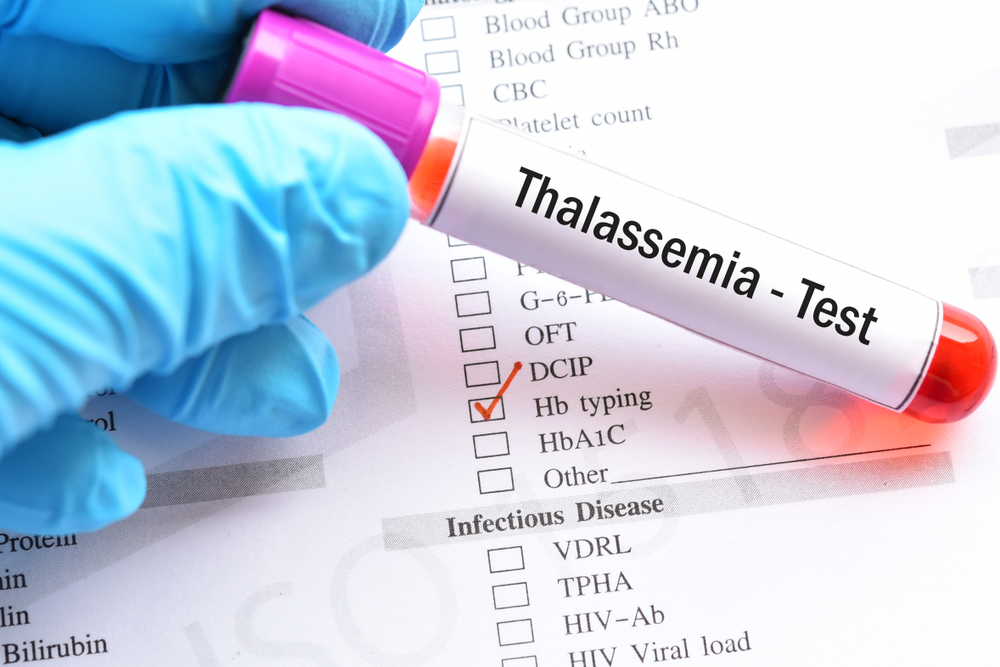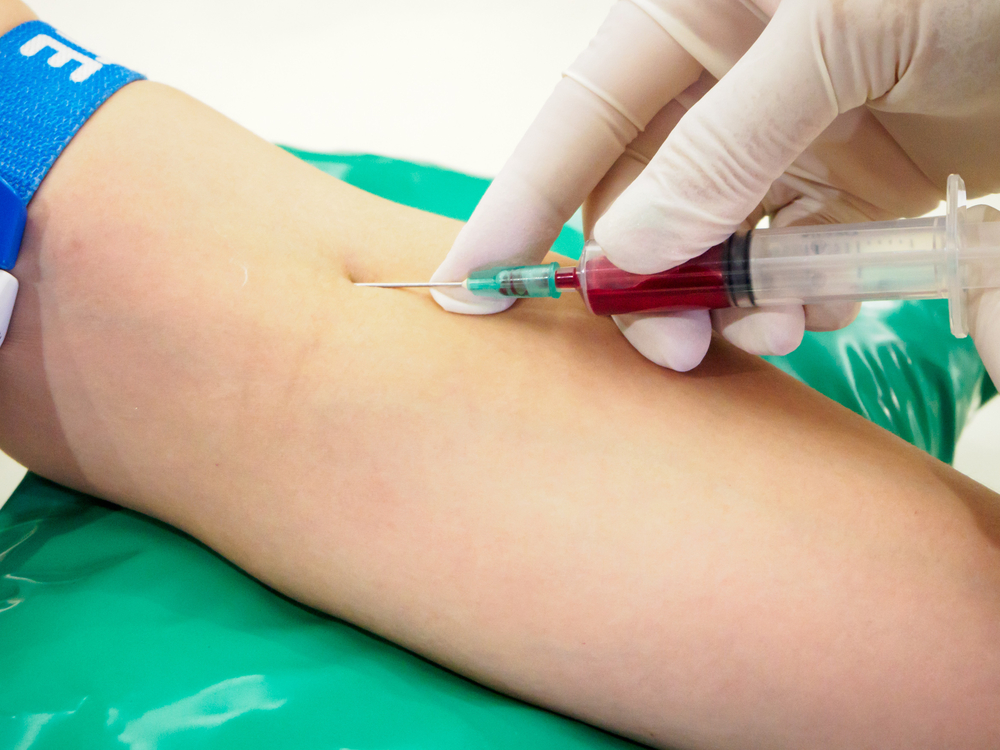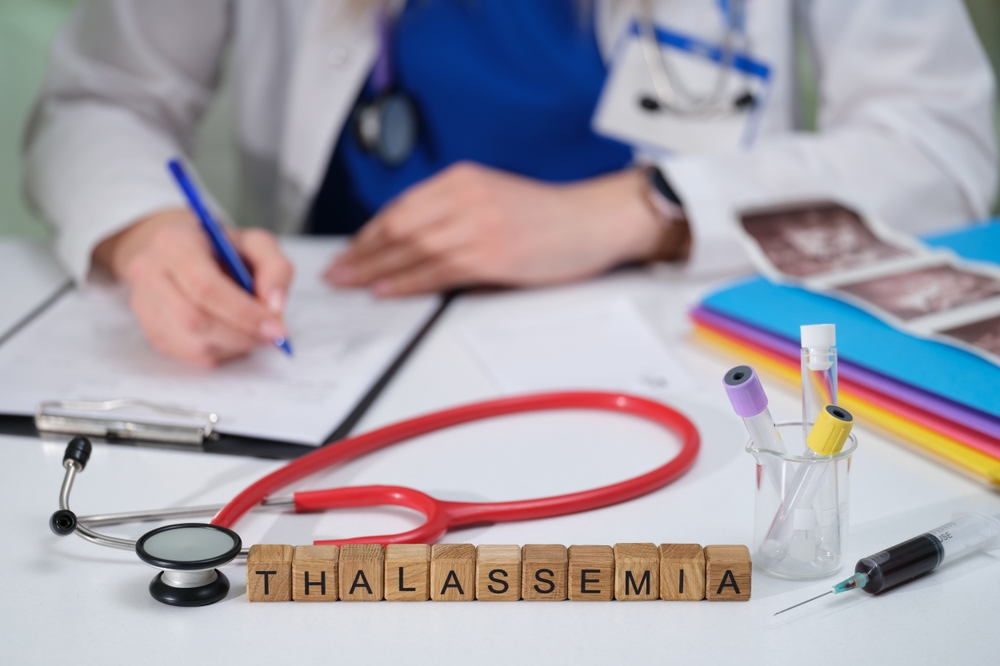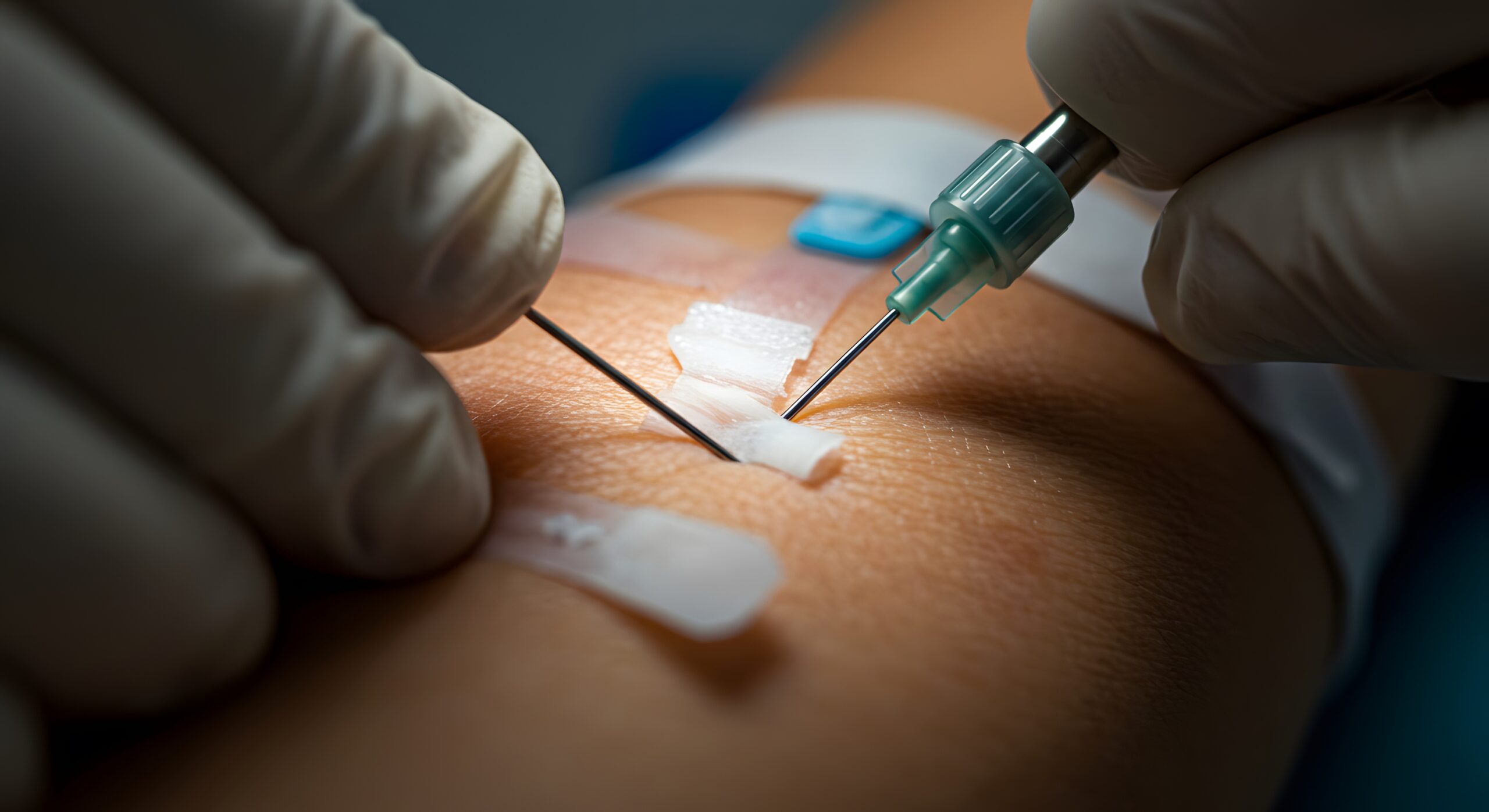Planning to start a family is a beautiful and exciting journey. Part of this journey involves making sure you are both in the best possible health, and this is where understanding certain genetic conditions becomes so important.
One such condition, particularly relevant here in Singapore, is thalassemia. It is an inherited blood disorder that affects the body’s ability to produce hemoglobin, a vital protein in red blood cells.
For couples dreaming of parenthood, knowing your thalassemia carrier status before pregnancy is a simple, yet crucial step towards ensuring a healthy future for your child. Let’s explore why this screen
Understanding Thalassemia in Singapore
Thalassemia is a genetic blood disorder that affects the body’s ability to produce hemoglobin, the protein in red blood cells that carries oxygen. When hemoglobin is deficient, red blood cells don’t function properly and last for shorter periods, leading to a lack of oxygen in the body and causing anemia.

There are two main types of thalassemia, named after the affected protein chain in the hemoglobin:
- Alpha Thalassemia: Occurs when the genes related to the alpha globin protein are missing or mutated.
- Beta Thalassemia: Occurs when similar gene defects affect the production of the beta globin protein.
Thalassemia is an inherited condition, meaning it is passed down from parents to their children. If both parents are carriers of the thalassemia gene, there is a 25% chance with each pregnancy that their child will be born with thalassemia major, a severe form of the disease that requires lifelong medical care.
Prevalence in Singapore
Thalassemia is more common in Singapore than many people think. It’s particularly prevalent among populations from Southeast Asia, the Middle East, and the Mediterranean. In our multi-ethnic society, this means many of us are at risk.
Statistics show that about 1 in 20 Singaporeans is a carrier of the thalassemia gene. The prevalence varies across our ethnic communities, with higher rates observed among those of Chinese and Malay descent. Because it is so common and often shows no symptoms in carriers, many people are unaware they have the gene until they are screened.
The Importance of Pre-Pregnancy Screening
For an expecting mother who is a thalassemia carrier, pregnancy can sometimes bring complications, although most have normal pregnancies. However, if a child inherits thalassemia major, the health implications are significant.
Children with thalassemia major require regular blood transfusions and ongoing medical treatment to manage severe anemia and other related health problems. This can impact their growth, development, and overall quality of life.
Early Detection Benefits
Screening before pregnancy is all about prevention and preparation. If you and your partner discover you are both carriers, you have time to understand the risks and explore your options.
This knowledge allows for better planning and decision-making, supported by medical professionals who can guide you through the process. Genetic counseling can provide a clear picture of what to expect and what reproductive choices are available.
Cost-Effectiveness of Prevention
While we never want to put a price on health, it’s practical to consider the long-term financial impact. The lifelong treatment for thalassemia major can be substantial.
Pre-pregnancy screening is a simple, one-time blood test that is far more cost-effective than managing a lifelong condition. By investing in screening, couples can potentially save on future healthcare costs and, more importantly, prevent significant emotional and physical challenges for their child.
Thalassemia Screening Process in Singapore
I recommend that all couples planning to have children consider getting screened for thalassemia. It is especially important if:
- You or your partner have a family history of thalassemia.
- You belong to a high-risk ethnic group (e.g., Chinese, Malay).
- You want to be fully informed about your genetic health before starting a family.
The best time to get screened is before you conceive, but it can also be done during early pregnancy.

Types of Tests Available
The screening process is straightforward and typically involves a few key tests:
- Complete Blood Count (CBC): This is a routine blood test that measures different components of your blood, including red blood cells. It can indicate if your red blood cells are smaller and paler than usual, which is a common sign of a thalassemia carrier.
- Hemoglobin Electrophoresis: If the CBC results are suspicious, this test is used to separate and measure the different types of hemoglobin in your blood, helping to identify abnormal forms associated with thalassemia.
- DNA Analysis: In some cases, a DNA test may be performed to confirm the specific gene mutation causing thalassemia.
Here at our clinic, we begin with a simple blood test. It’s a quick procedure, and how fast you get your results depends on the tests you choose.
Where to Get Screened in Singapore?
You have several convenient options for thalassemia screening in Singapore.
- Public Healthcare Options: Polyclinics and government hospitals offer screening services, and there are subsidized programs available for eligible Singaporeans.
- Private Healthcare Providers: Private clinics like Mediway Medical provide a more personalized and often faster screening experience. We prioritize keeping wait times short and ensuring you have the opportunity to discuss your results with a doctor in a comfortable setting.
- Specialized Genetic Centers: If screening results indicate a higher risk, you may be referred to a specialist for further genetic counseling and testing.
Understanding Your Results
Once you receive your results, a doctor will explain what they mean.

- Normal Results: This means you are not a carrier of the thalassemia gene.
- Carrier Status (Thalassemia Trait): This means you have the gene but typically do not experience any significant health problems. However, you can pass the gene to your children.
If you are identified as a carrier, the next step is for your partner to get tested. If your partner’s result is normal, there is no risk of having a child with thalassemia major.
If both of you are carriers, a genetic counselor will discuss the 1 in 4 risk with each pregnancy and explore your family planning options. These may include prenatal diagnosis during pregnancy or other reproductive technologies.
Living with Thalassemia in Singapore
For individuals and families affected by thalassemia, Singapore has a strong support system. Patient support groups offer a community where you can share experiences and find encouragement.
Government assistance programs and advanced medical facilities are also available to ensure that those living with the condition receive the best possible care, including regular monitoring and treatment.
Take Charge of Your Family’s Health
Planning for a family is one of the most exciting times in a person’s life. Taking proactive steps, like getting screened for thalassemia, is an act of love and responsibility for your future child. It provides peace of mind and empowers you to build a healthy foundation for your family.
At Mediway Medical, we are committed to supporting you on your health journey. If you are planning for a baby, I encourage you to come in for a chat and get screened. Your health matters, and we are here to help you every step of the way.
Schedule your thalassemia screening with us today and take the first step towards informed family planning.









